Environment, Sustainable Development All books
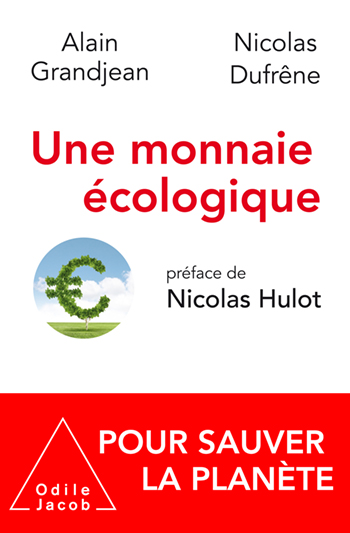
Alain Grandjean, Nicolas Dufrêne
An Ecological Currency to Save the Planet
The economy is being shaped to adapt to the ecological crisis; what is the scope for action? An original solution to save the planet: the ex nihilo creation of a “green currency.”
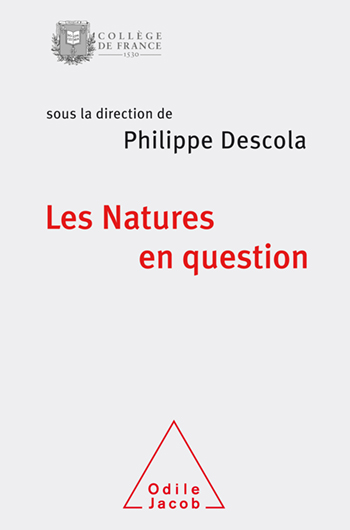
Philippe Descola
Natures in Question Collège de France Autumn Colloquium
The most recent thinking on nature in the era of biotechnology and artificial intelligence
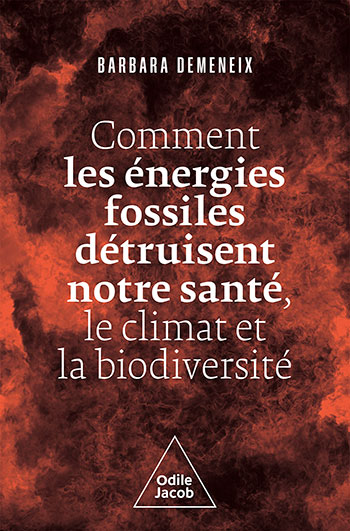
Barbara Demeneix
How Fossil Fuels Are Destroying our Health, the Climate and Biodiversity
Based on the most recent scientific studies, this book shows the interdependence between the climate, biodiversity and our health. It will give food for thought to environmentalists
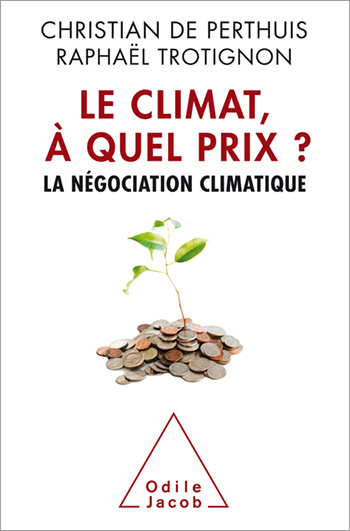
Christian de Perthuis, Raphaël Trotignon
Climat, how much ? Climate Negotiations
Global warming: understanding, anticipating, taking action
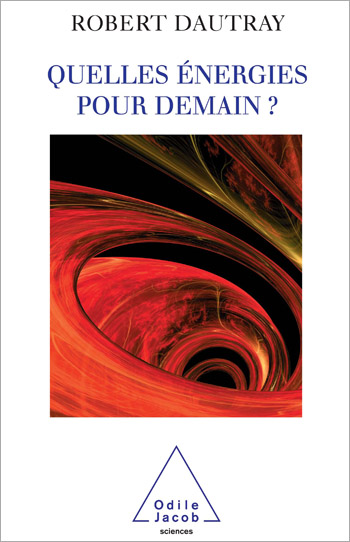
Robert Dautray
Quelles énergies pour demain ?
If there is such a thing as a French exception, it is in matters of energy. Lacking natural energy resources, France has developed a vast electro-nuclear programme which not only guarantees the country's political independence but also produces budget surpluses. Since the existing electro-nuclear equipment is not everlasting, and must thus be renewed, the question of the total dependence on nuclear energy has arisen once again. This book, by one of the most influential French scientists of the post-war period, is an in-depth analysis of the country's energy system and its problems, and the prospects for future development. The author begins by an examination of production methods by major categories (oil and natural gas, coal, hydraulic energy, solar energy, biomass, nuclear energy, geothermal energy, wind, renewable energy, bioenergy, thermonuclear energy). He then describes the role that energy plays in our society, and how society reacts to energy problems. He concludes that present and future citizen-consumers should be placed at the centre of all discussions about energy methods, that consumers should be satisfied and respected and that their opinions should be considered. But this, he says, is exactly the opposite of what has happened up to now. The last part of the book, which deals with scientific and technical research, tries to answer the questions: What should be done? What actions should be undertaken? Time is running out and irreparable harm is being done to the environment. How much time is left to discover and develop the new procedures that will enable us to save what may still be salvaged? As was amply illustrated by the heatwave of 2003, the environment remains a crucial issue. In this important book, the author has had the courage to urge scientists and experts to step out of their ivory tower, to meet with citizens, and to provide for their needs. And he takes the risk of outlining some highly specific measures to be undertaken in the next ten years. Robert Dautray is an engineer and physicist at the French Atomic Energy Commission and a member of the Academy of Sciences.
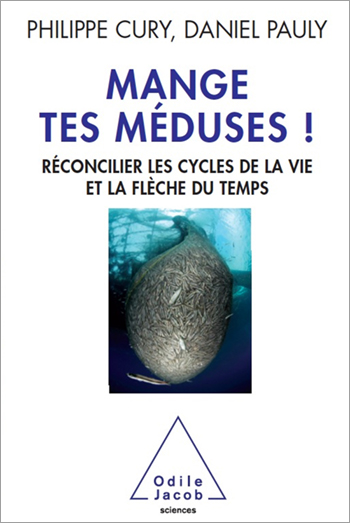
Philippe Cury, Daniel Pauly
Eat Your Jellyfish! Human Impact on Nature
An uncompromising picture of overexploitation, especially of marine resources. Examples of certain actions that have been successfully undertaken show (perhaps) that all has not yet been lost.
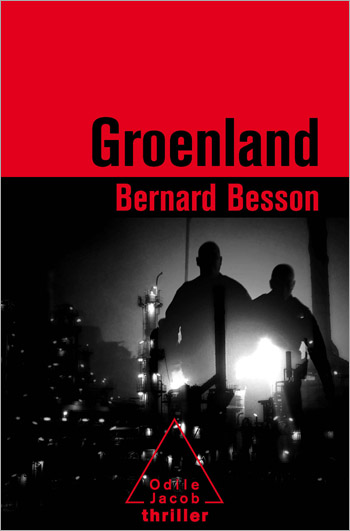
Bernard Besson
Greenland
“With an apocalyptic roar, Greenland’s Lauge Koch Kyst region had broken off from the mainland...
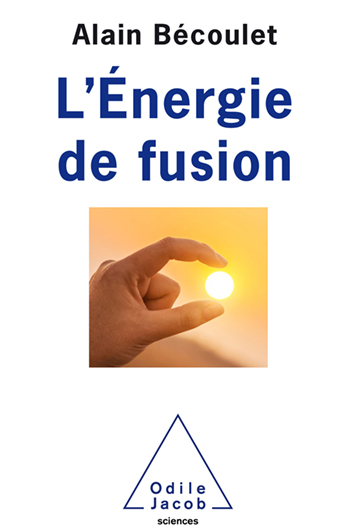
Alain Bécoulet
Nuclear Fusion
The great hope in the realm of energy transition: fusion produces almost no radioactive waste, and doesn’t emit CO2. . .
